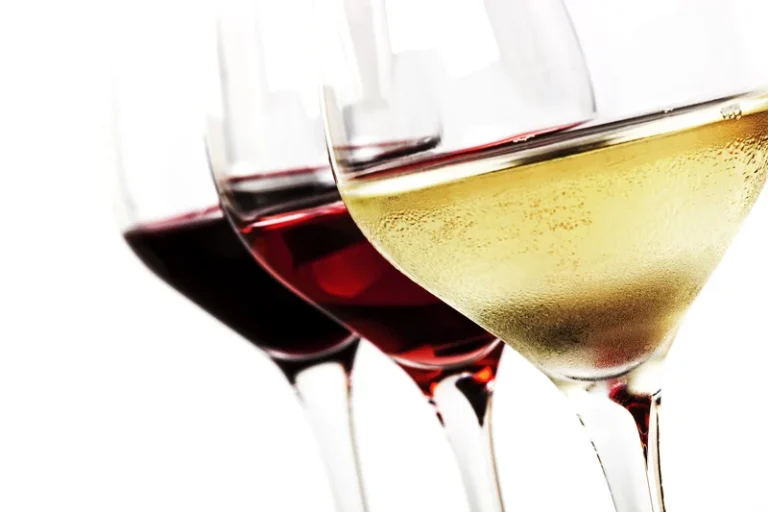
When you take in too much beer, your body loses an excessive amount of fluids. You begin to urinate more often, which can leave you feeling thirstier. Ever wake up after a night of drinking feeling parched while your head was pounding? Alcoholic drinks make you lose up to four times more water than they provide, leading to dehydration in a hurry.
Alcohol and Dehydration
While drinking extra liquids may generally lead to more frequent urination, a diuretic liquid such as alcohol will encourage the body to expel even more liquid. Low-alcoholic beer, non-alcoholic beer, and beer mixed with water may cause less dehydration as compared to a full-strength beer with 5% ABV. You may develop an allergic reaction to a specific component in the alcoholic beverage, such as certain preservatives, grains, or sulfites.
Fried foods
Alcohol triggers histamine release, leading to skin redness and other unpleasant symptoms. Staying well-hydrated is a simple yet profoundly important health choice. When you ditch the booze and focus on hydration, you’re offering your body an opportunity to shine. Alcohol seriously dehydrates your skin, so it’s working against the best interests of your complexion. Turns out, some alcohols — and more accurately, how you drink them — can be less dehydrating that other booze-filled beverages. To combat this, try to opt for lower-sodium versions of your favorite snacks—or better yet, switch to fresh fruits and vegetables when you’re in need of a crunchy snack.

How Long to Get Back into Ketosis after Drinking Alcohol?
In this guide, we’ll explore 15 short and long-term signs that you’re drinking too much, including symptoms that don’t necessarily involve a hangover. The exact amount of alcohol that leads to dehydration varies depending on several things. It depends on how fast you drink, what foods you might be consuming, how often you’re urinating, and things like your own metabolism and health. It is important to note that having higher blood sugar from consuming very sugary drinks may encourage the body to eliminate the excess sugar but may not necessarily cause dehydration.
- By suppressing ADH, alcohol can make our kidneys release more water, essentially expelling water from our body.
- As a rule, it takes one hour for your body to process one alcoholic drink, so making your drink last longer, and therefore drinking less and more slowly will help keep you hydrated.
- You may develop an allergic reaction to a specific component in the alcoholic beverage, such as certain preservatives, grains, or sulfites.
- This is something for athletes to be aware of, as it puts them at greater risk of pulling or straining their muscles.
In fact, drinking alcohol inhibits your body’s ability to burn fat and generate ketones, and even small amounts of alcoholic beverages can Substance abuse affect ketosis. Due to the lower alcohol content, beer will dehydrate you slightly less than liquor. However, due to how alcohol affects the production of ADH, you will still become dehydrated after drinking beer. Consuming one beer leads to a 62% increase in urine produced compared to having a glass of water. The higher the alcohol content, the more dehydrating the drink will be. A heavy alcoholic drink like whiskey, brandy, or rum can dehydrate you more than lighter drinks.
- Alcohol consumption can also impair the body’s ability to regulate its temperature.
- This, in turn, could slow down the urine production of your kidneys, which means you’ll pass the wine out of your system more slowly as well.
As a result, you find yourself extremely dehydrated after a full night of hangover. The best way to consume a beer is to drink it with a glass of water. Water will help your body function most efficiently and reduce the chances of getting dehydrated. Alcoholic beverages like wine have their pleasures, but drinking too much wine or other alcohol in short order can leave you feeling dizzy, tired, and even with a headache.

Eat Hydrating Foods

Back in college, you remember waking up hungover, with a raging headache and nausea rolling in your stomach. You’d normally shut yourself into a dark room and scarf down some food and ibuprofen to help the side effects go away. She holds a medical degree from the University of Wisconsin-Madison and a Master in Public Health from Boston University. I am a passionate beer connoisseur with a deep appreciation for the does drinking alcohol dehydrate you art and science of brewing. With years of experience tasting and evaluating various beers, I love to share my opinions and insights with others and I am always eager to engage in lively discussions about my favorite beverage.
- Alcohol disrupts the brain’s prefrontal cortex—the area responsible for judgment and self-control.
- The result of alcohol then entering the bloodstream disrupts the fluid particle balance that is, before consuming alcohol, typically stable.
- Stopping alcohol abruptly after long-term heavy drinking can also lead to alcohol withdrawal syndrome, which commonly manifests as symptoms like nausea and vomiting.
Stay hydrated with Thirsty Work
Dehydration can cause mild symptoms like headache, dry mouth, dizziness, and fatigue, or severe issues like damage to the brain, heart, kidneys, and even death (1). The pituitary gland decides to do this based on signals sent from detectors that read the volume of water in the body, as well as its salt level. When dehydration is detected, a message is relayed and ADH is released. Alcohol convinces the pituitary gland that ADH shouldn’t be introduced into the situation, despite the alcoholic drink itself being made up largely of water. No, despite a temporary boost in focus, energy drinks are high in caffeine and sugar, which can have several adverse effects, such as insomnia, cardiovascular stress, and chronic fatigue. When consumed in small amounts, black coffee can be an excellent alternative to energy drinks for those looking for a natural energy boost.
Liquor
Did you know that too much alcohol prevents proper nutrient absorption and metabolism, preventing them from reaching your cells? Over time, with impaired nutrient absorption, you can develop thiamine (vitamin B) deficiency and face serious zinc and iron deficits. A lack of these important compounds can impair your energy production, making you feel tired and sluggish all the time. Diuretics are compounds that promote diuresis, the excessive passing of urine, which stimulates the kidneys to produce more urine than usual. This makes you lose precious water and electrolytes (essential minerals) much faster. Clearly, proper hydration levels are crucial for your health.

- One study with over 3200 participants found excessive alcohol consumption is linked to accelerated facial aging.
- Excessive drinking can also lead to a buildup of a toxic substance called acetaldehyde.
- Consuming foods with high water content, such as fruits and vegetables, can help counteract the dehydrating effects of alcohol.
- A diuretic is a substance that causes the body to produce more urine.
One small study suggests that moderate beer consumption following a run, bike ride, or that last namaste has no negative effects on hydration. Adults should aim for seven to nine hours of restorative sleep each night to enable the body to repair cells, tissues, and muscle fibers. Additionally, sleep supports optimal brain function by reorganizing neurons and clearing waste from the nervous system. Kombucha tea contains small amounts of caffeine and is a rich source of B vitamins and gut-supporting probiotics linked to elevated mood, improved mental clarity, and increased energy. Black tea contains around 47 milligrams of caffeine per cup, offering a gentle boost in energy without the side effects of excessive caffeine intake.
